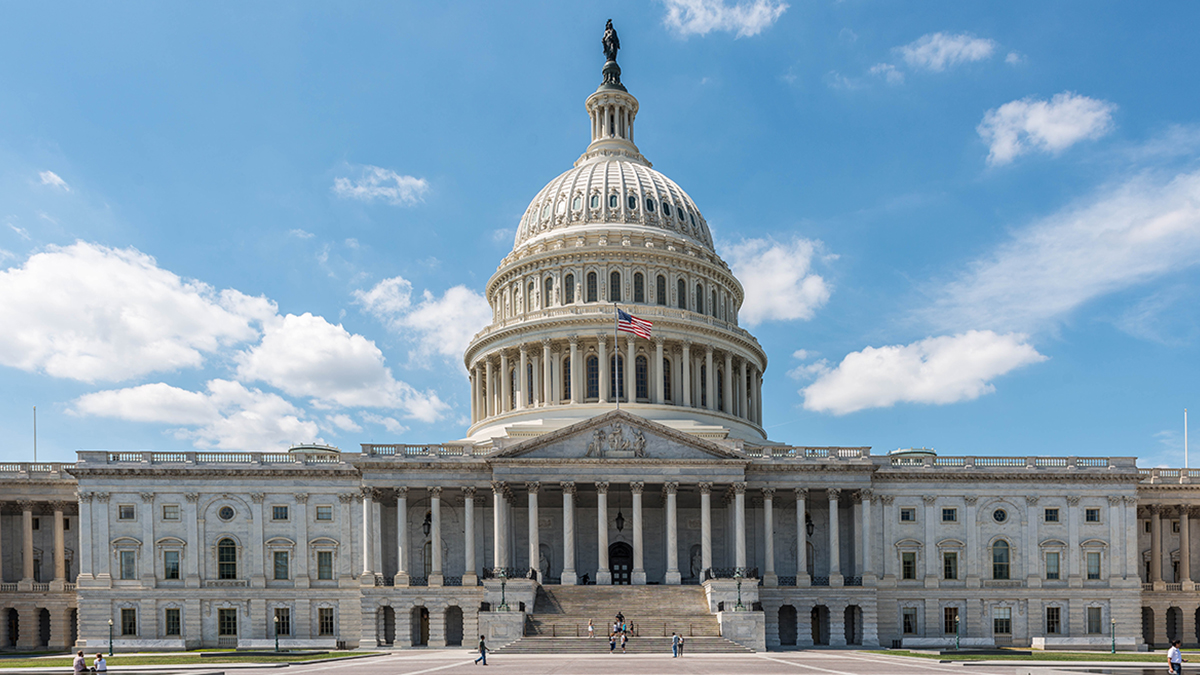House:
Congress returned from a two-week recess in April. First on the U.S. House agenda is H.R. 9, legislation pertaining to the Paris Climate agreement. The House is expected to pass this legislation, which blocks President Trump from removing the U.S. as a signatory country to the Paris Climate Accord. Also, the House Natural Resources Committee is expected to pass H.R. 1146, legislation blocking the U.S. from moving forward with opening ANWR for oil and gas development. Both H.R. 9 and H.R. 1146, are likely dead on arrival in the U.S. Senate.
Senate:
The Senate is coming back from recess with a continued focus on approving President Trumps nominations. Nominations will continue to dominate Senate Floor activity. Like the U.S. House, the U.S. Senate will begin to shift its work into the annual appropriations process with many committees holding budgets hearings in advance of appropriations legislation.
White House:
President Trump moved forward with reducing the oil purchased from Iran with his presidential determination that “consistent with prior determinations, there is a sufficient supply of petroleum and petroleum products from countries other than Iran to permit a significant reduction in the volume of petroleum and petroleum products purchased from Iran by or through foreign financial institutions.” In addition, he also ordered new restrictions on asylum seekers at the Mexican border — including application fees and work permit restraints — and directed that cases in immigration courts be settled within 180 days. Currently, more than 800,000 cases are pending, with an average wait time of almost two years. The Administration also directed immigration authorities to reopen thousands of nonviolent removal cases.





